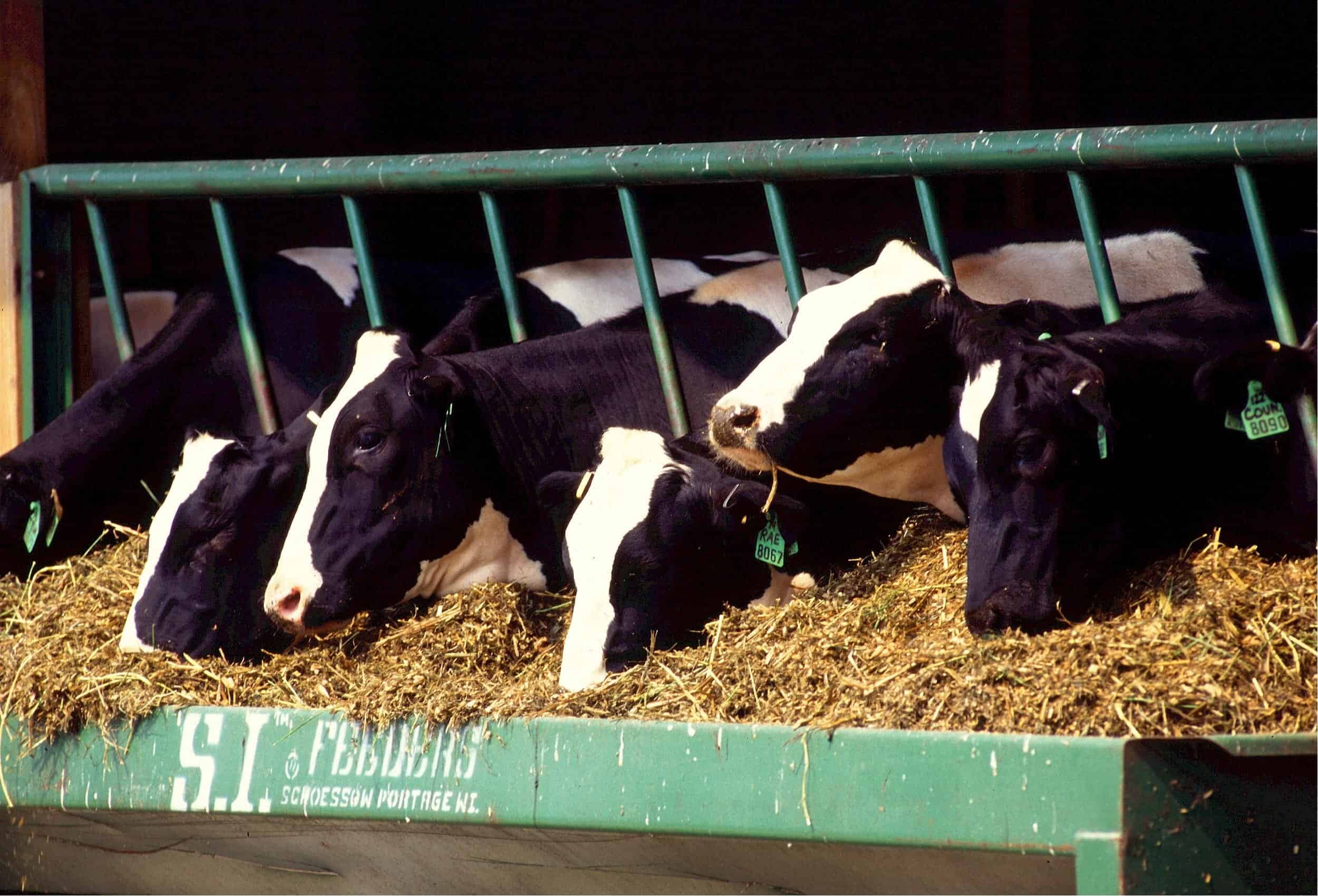
FFAC intern Sanjula Panday discusses some of the impacts of factory farming on animals and public health.
As the demand for meat and dairy tripled, factory farming soon became one of the most horrendous industries in America.
Meat and dairy consumption has become a prominent part of food culture. It is such a normality in the American society that the scope of its negative effects is often ignored or hidden.
The practice of factory farming developed when competition arose between farms - for milk and meat- all at the cheapest prices. This competition initially seemed to have benefited people, especially poor and middle class consumers because it allowed protein to be accessible at cheaper prices. As the demand for meat and dairy tripled, factory farming soon became one of the most horrendous industries in America.
Factory farming is the practice of raising livestock in densely populated environments - also known as concentrated animal feeding operations - in efforts to save money and up production rates. As the consumption of meat in the US steadily increased over the years, with an astonishing current estimated consumption of 270 pounds of meat per person a year, it is crucial that Americans understand the consequences of factory farming before causing further environmental, health, and ethical damage.
While countless reputable organizations such as the World Health Organization have declared factory farming to be detrimental to health, there seems to be no action taken by the FDA (Food and Drug Administration) or the EPA (Environmental Protection Agency). The government does not address this prevailing issue due to lobbying by the meat and dairy industry. According to research done by PETA and the CDC, out of the 75 million cases of food poisoning in the US every year, 70% - or approximately 52 million- “is caused by contaminated animal flesh”. The contamination of animal flesh has been directly linked to current practices of factory farming by many scientist, such as author Jonathan Anomaly, a researcher at Duke University. When the animals are kept in such close proximity, it makes it very easy for bacteria to flourish and spread, causing a significant increase in animal sickness and eventually contaminated meat.
The animals live in their own feces and no sunlight or fresh air ever enters the factory farms. This is the perfect breeding ground for bacteria like campylobacter, the cause for approximately 2.5 million cases of animal flesh related food poisoning.
In efforts to reduce the instances of contamination and to even keep the animals alive in the poor conditions, farms give the animals antibiotics, and according to the CDC, 80% of all antibiotics in the US are used for livestock leading to antibiotic resistance and causing over 23,000 deaths a year. The WHO has declared CAFOs responsible for the rise in antibiotic resistance which accounts for thousands of deaths a year. Many countries in Europe such as France, Italy, and Germany, have banned the use of antibiotics in the industry and also have many other regulations set into place that the US doesn’t.
Factory Farms dispose of their feces in giant open-air contaminated lagoons that emit toxic chemicals into the air and cause respiratory illness to the surrounding community. The farms are also statistically located in low-income neighborhoods surrounded by individuals who can not fight back to the industry or afford to move away. Along with harming low-income neighborhoods, factory farm workers target immigrants who make up a large percentage of their workforce. They are hired as at-will employees, meaning they can be fired anytime, so they do not report workplace incidents. On top of that, according to the National Center of Farmworkers Health around 48% of them do not have legal authorization to work so they accept the low pay that is given and deal with the terrible conditions gratefully.
The cons of factory farming significantly outweigh its benefits, and solutions must be implemented before further damage occurs.
Sanjula Panday, an FFAC intern, is currently a college student at Ohlone Community College in Fremont looking to transfer to a UC to pursue her goal of being an environmental lawyer.